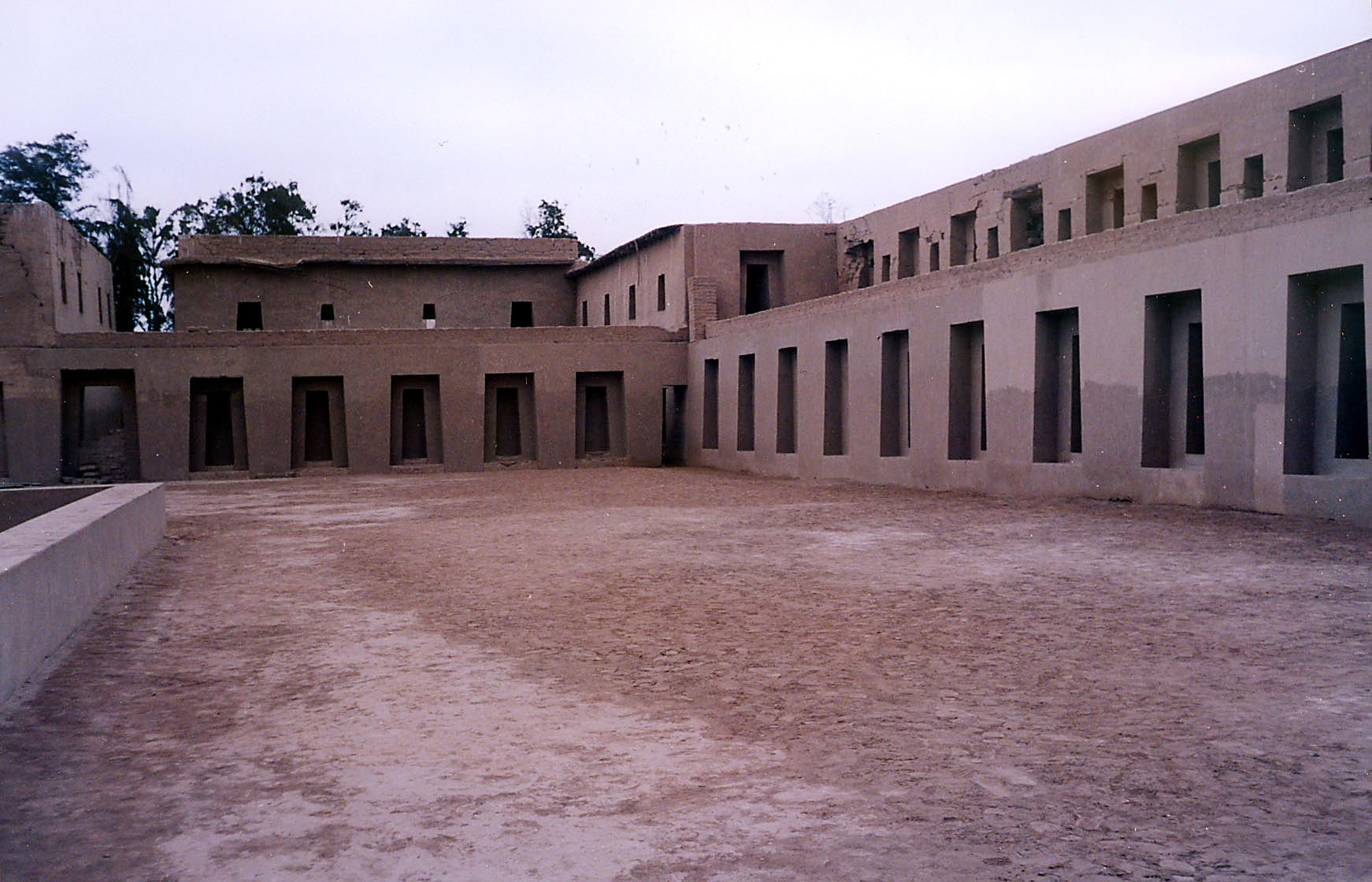|
Andrés Prado
Andrés Prado (born 14 August 1971) is a Peruvian guitarist and music teacher based in Lima, Peru. He has released several works with a focus on jazz, latin-jazz and Afro-Peruvian music. He teaches at the Catholic University of Peru and performs with several ensembles. Life and career Born in Lima, Peru, Prado grew up in a musical family. His mother and grandmother played the piano. He started on piano at age four and switched to guitar at age nine. He credits his grandmother for his interest in Latin-American music. He studied jazz and classical music at the National Conservatory of Music in Lima, Avellaneda School of Popular Music in Buenos Aires, and the Trinity College of Music in London. In 2005 Prado moved to the United States and taught jazz performance at the McNally Smith College of Music in Saint Paul, Minnesota for two years. During this time he signed with RPM Records and worked with bassist Anthony Cox and pianist Peter Schimke, and released three albums. I ... [...More Info...] [...Related Items...] OR: [Wikipedia] [Google] [Baidu] |
Lima
Lima ( ; ), founded in 1535 as the Ciudad de los Reyes (, Spanish for "City of Biblical Magi, Kings"), is the capital and largest city of Peru. It is located in the valleys of the Chillón River, Chillón, Rímac River, Rímac and Lurín Rivers, in the desert zone of the central coastal part of the country, overlooking the Pacific Ocean. The city is considered the political, cultural, financial and commercial center of Peru. Due to its geostrategic importance, the Globalization and World Cities Research Network has categorized it as a "beta" tier city. Jurisdictionally, the metropolis extends mainly within the province of Lima and in a smaller portion, to the west, within the Constitutional Province of Callao, where the seaport and the Jorge Chávez Airport are located. Both provinces have regional autonomy since 2002. The 2023 census projection indicates that the city of Lima has an estimated population of 10,092,000 inhabitants, making it the List of cities in the Americas b ... [...More Info...] [...Related Items...] OR: [Wikipedia] [Google] [Baidu] |
Peter Schimke
Peter Schimke was an American piano player, songwriter, composer, session musician and producer. Growing up in a musical environment, Schimke started performing live in his early teens. Career Schimke was born in Minneapolis, Minnesota. After sitting in on vocals, keyboards and drums with bands throughout his teens, Schimke's first professional gig was with the New Psychenauts and went on as the lead singer of the Swingin' Combo; both bands formed part of the early Minneapolis rock scene that launched The Replacements and Hüsker Dü. Simultaneously, Schimke began composing for prominent Minneapolis theater companies. At about the same time, he played his first professional rock gig on keyboard with blues harmonica legend Charlie Musselwhite at the Blue Max on Maui. While living in New York, Peter performed at a steady Monday night gig at the Dean Street Café with Craig Bailey of the Ray Charles Band. Schimke toured, performed and/or recorded with many artists, such as Billy ... [...More Info...] [...Related Items...] OR: [Wikipedia] [Google] [Baidu] |
Alumni Of Trinity College Of Music
Alumni (: alumnus () or alumna ()) are former students or graduates of a school, college, or university. The feminine plural alumnae is sometimes used for groups of women, and alums (: alum) or alumns (: alumn) as gender-neutral alternatives. The word comes from Latin, meaning nurslings, pupils or foster children, derived from "to nourish". The term is not synonymous with "graduates": people can be alumni without graduating, e.g. Burt Reynolds was an alumnus of Florida State University but did not graduate. The term is sometimes used to refer to former employees, former members of an organization, former contributors, or former inmates. Etymology The Latin noun means "foster son" or "pupil". It is derived from the Latin verb "to nourish". Separate, but from the same root, is the adjective "nourishing", found in the phrase '' alma mater'', a title for a person's home university. Usage in Roman law In Latin, is a legal term (Roman law) to describe a child placed in foste ... [...More Info...] [...Related Items...] OR: [Wikipedia] [Google] [Baidu] |
Academic Staff Of The Pontifical Catholic University Of Peru
An academy (Attic Greek: Ἀκαδήμεια; Koine Greek Ἀκαδημία) is an institution of tertiary education. The name traces back to Plato's school of philosophy, founded approximately 386 BC at Akademia, a sanctuary of Athena, the goddess of wisdom and Skills, skill, north of Ancient Athens, Athens, Greece. The Royal Spanish Academy defines academy as scientific, literary or artistic society established with public authority and as a teaching establishment, public or private, of a professional, artistic, technical or simply practical nature. Etymology The word comes from the ''Academy'' in ancient Greece, which derives from the Athenian hero, ''Akademos''. Outside the city walls of Athens, the Gymnasium (ancient Greece), gymnasium was made famous by Plato as a center of learning. The sacred space, dedicated to the goddess of wisdom, Athena, had formerly been an olive Grove (nature), grove, hence the expression "the groves of Academe". In these gardens, the philos ... [...More Info...] [...Related Items...] OR: [Wikipedia] [Google] [Baidu] |


